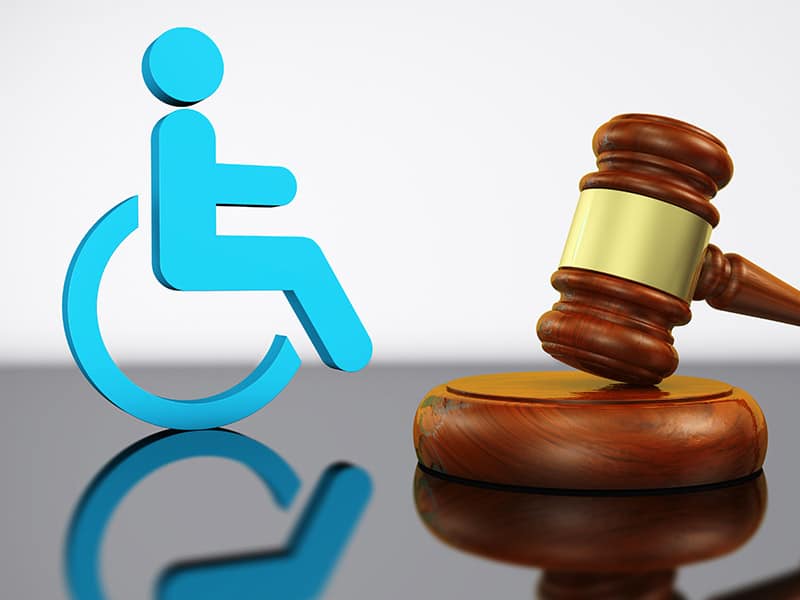A growing number of small business owners in Southern California are facing lawsuits filed under the Americans with Disabilities Act (ADA), with many cases ending in out-of-court settlements. Legal observers note that some lawsuits appear to be filed with settlement payouts in mind rather than a focus on improving accessibility.
Lawsuit in Westminster spotlights growing trend
In April, a Korean American restaurant owner in Westminster, Orange County, received a complaint alleging the restaurant failed to meet ADA accessibility standards. The plaintiff, who identified as mobility-impaired, claimed that the ramp at the entrance was too steep for a wheelchair and that the door width and floor mat made movement difficult. The lawsuit named both the restaurant owner and the property landlord as defendants.
“After I received the complaint, I contacted my insurance company, but they told me ADA lawsuits are not covered,” said the owner, identified as Mr. Kang. “They also told me this same plaintiff had already sued more than 10 other businesses in the area. It’s frustrating because our door opens and closes just fine.”
Kang and the property owner ultimately entered settlement talks. “Their lawyer demanded $8,000 from each of us,” Kang said. “It doesn’t feel right to use a disability to demand money like this.”
Experts urge compliance, warn of litigation risks
Legal professionals emphasize that small business owners must understand ADA rules and prepare accordingly. ADA-related lawsuits are common across the country, especially in California, and are backed by both the Americans with Disabilities Act, enacted in 1970, and California Disability Laws.
These laws require owners of facilities “open to the public” to meet accessibility standards, including:
- Designated handicapped parking
- Wheelchair-accessible entrances
- ADA-compliant signage
- Entrance door pressure below 5 pounds
- At least 3-foot-wide walkways
- Properly positioned counters, mirrors, and grab bars
- Accessible restrooms with safety railings
Despite these requirements, many business owners are unaware of the rules and find themselves sued over issues like coin-operated laundry machine height, hard-to-reach patio tables, or insufficient disabled parking spaces.
To help reduce exposure, California encourages businesses to obtain a certificate of inspection from a Certified Access Specialist (CASp) through the California Certified Access Specialist Program (www.calcasp.com).
Attorney Seung-Ho Lee said, “The ADA is designed to guarantee physical access to public spaces for people with disabilities. Business owners should have their facilities inspected and post the certification at the site like a protective charm [original phrase: ‘부적처럼 부착’]. If you’re not prepared and get sued, it’s hard to win.”
BY HYOUNGJAE KIM [kim.ian@koreadaily.com]

![From Pulpit to Motorcade: How a Mega-Church Pastor Turned LAX Into His Personal Red Carpet Men in suits are directing traffic on the roadway in front of the Tom Bradley International Terminal at Los Angeles International Airport. Rev. Younghoon Lee is stepping out of a stopped vehicle. [Instagram capture from @joy.of.everything]](https://www.koreadailyus.com/wp-content/uploads/2026/02/0206-pastor-2-100x70.jpg)


